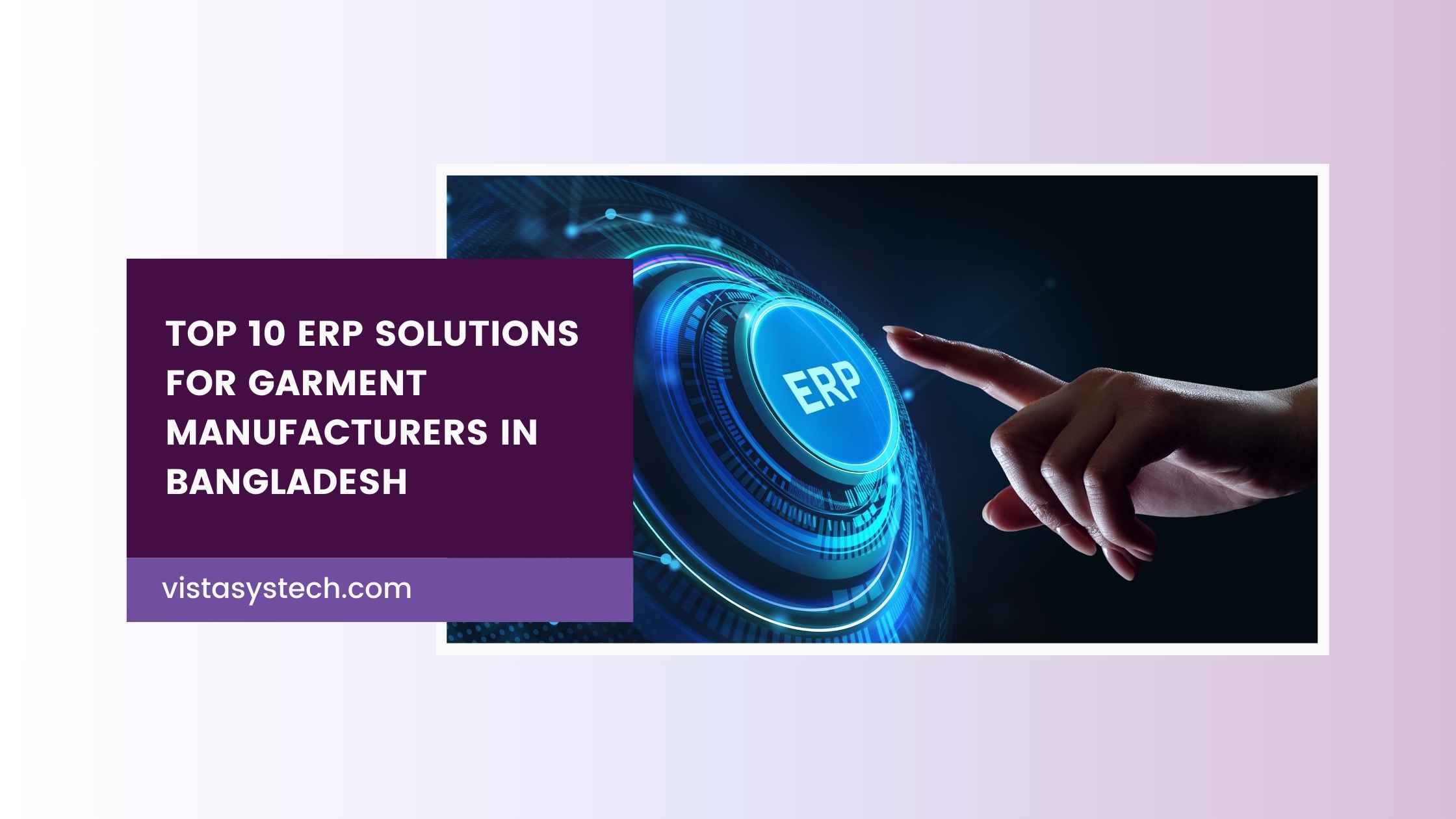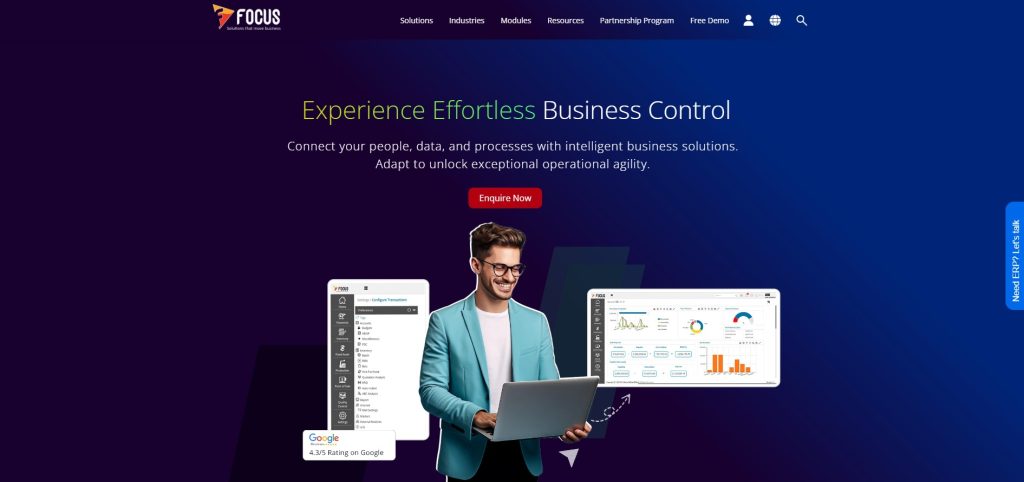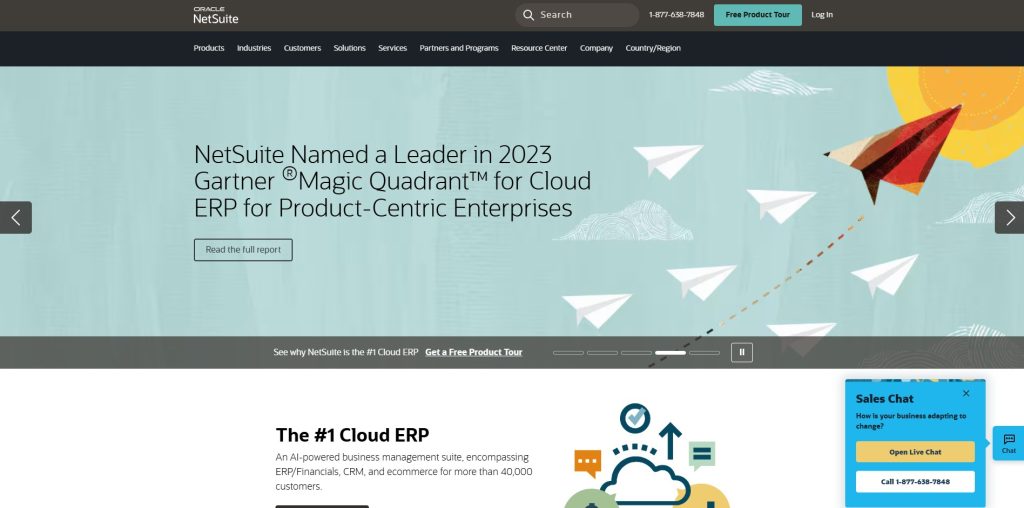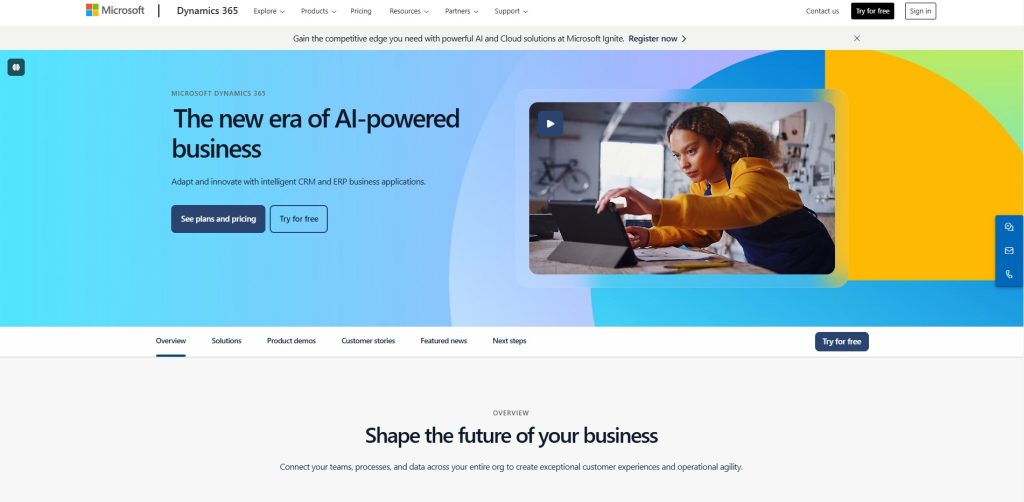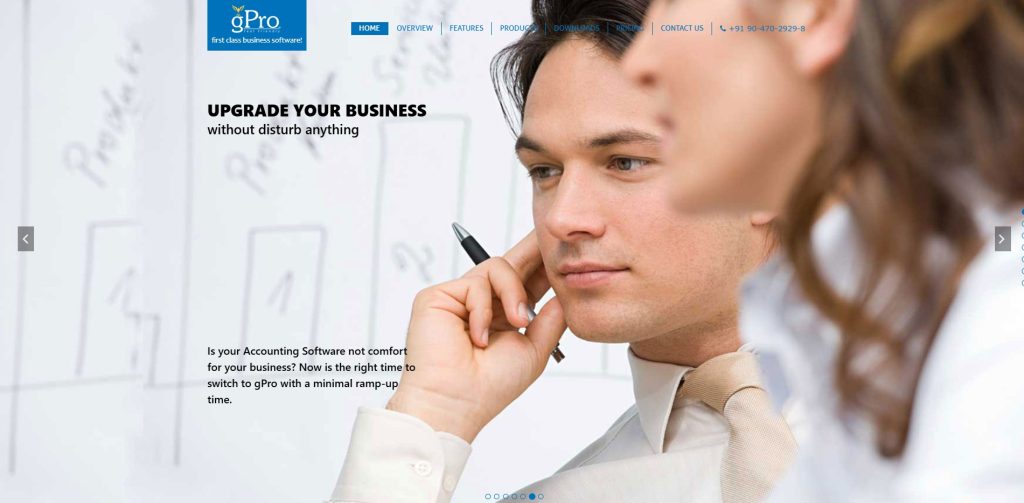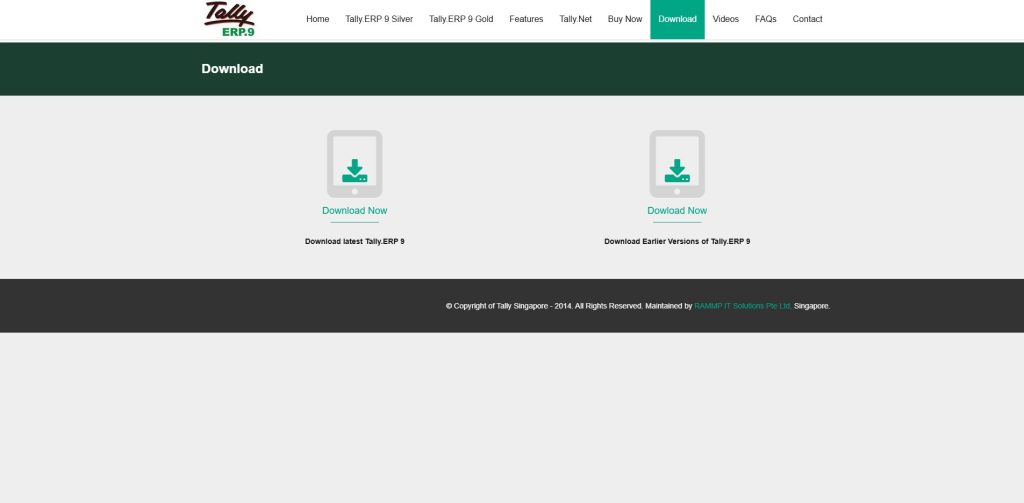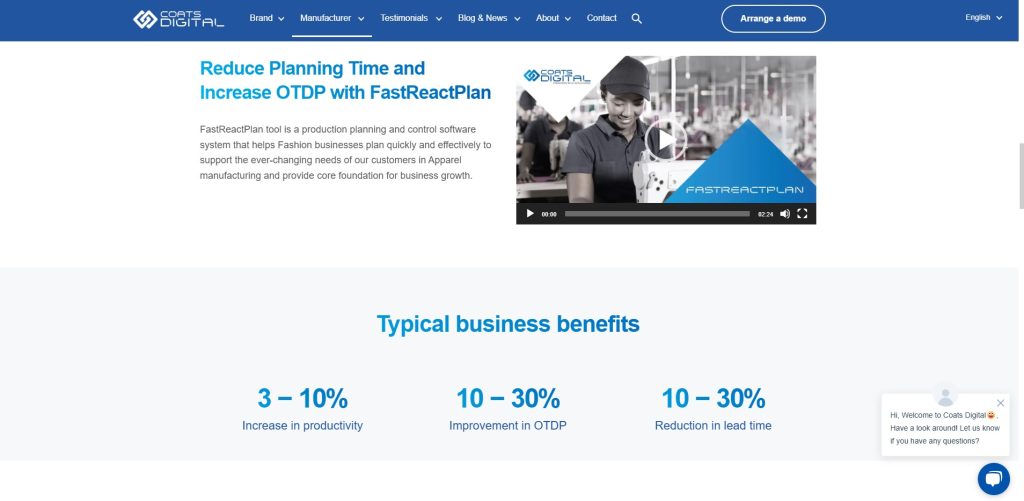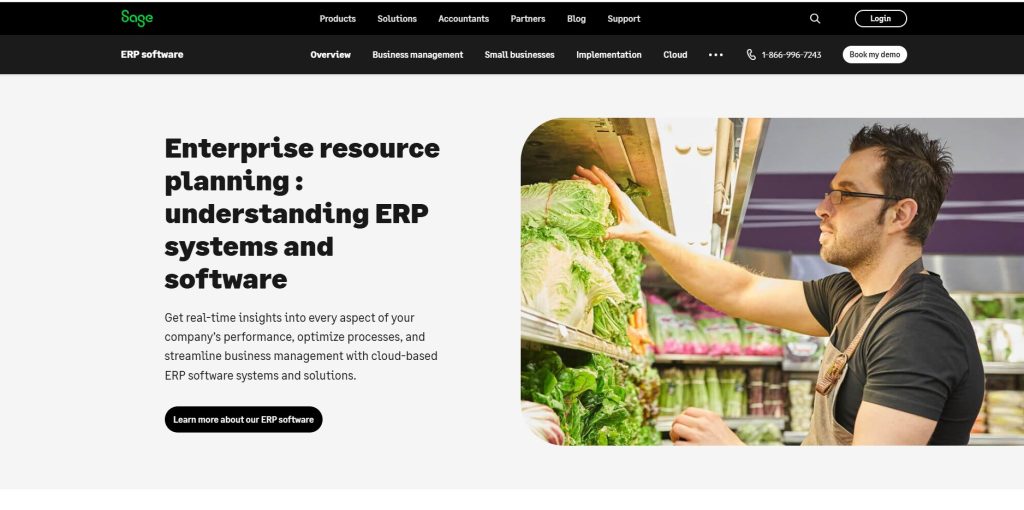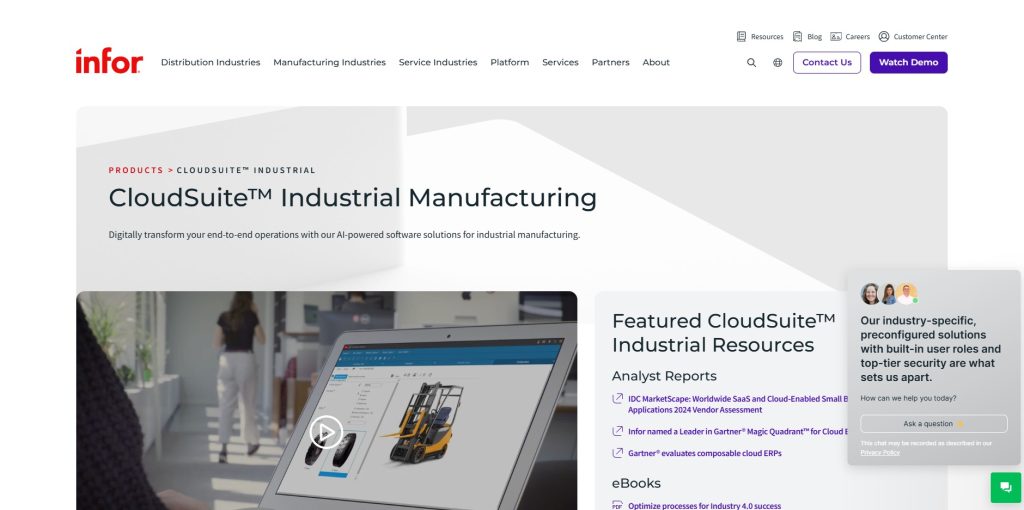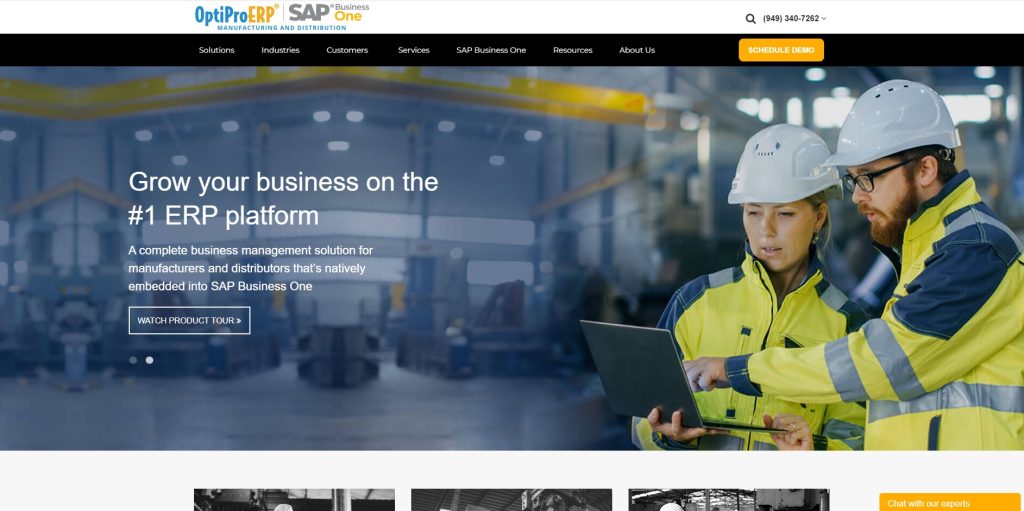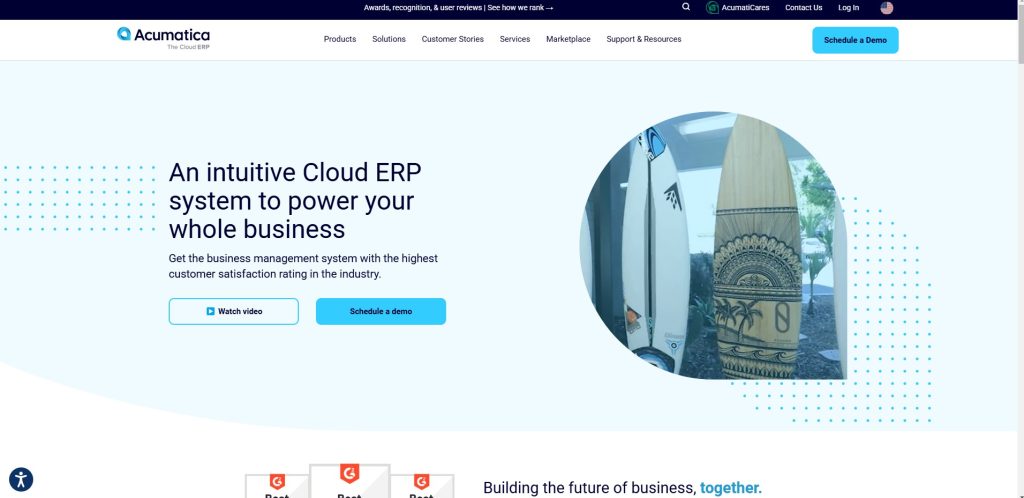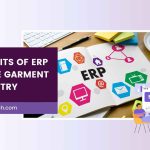Here, we explore the top 10 ERP solutions tailored to meet the needs of garment manufacturers in Bangladesh, emphasizing key features and unique benefits for each.
Bangladesh is a global hub for garment manufacturing, and as the industry continues to grow, garment manufacturers in the country are increasingly turning to Enterprise Resource Planning (ERP) solutions. ERPs streamline processes, enhance production efficiency, and provide critical insights that help companies remain competitive.
The Role of ERP in the Garment Industry
ERP systems are designed to integrate all operational functions, from procurement and inventory to production and finance. In the garment industry, where supply chains are complex, and time-to-market is critical, ERPs help simplify processes, reduce human error, and provide real-time data that supports better decision-making. By bringing all aspects of a garment manufacturing operation under one digital roof, ERPs support increased production efficiency and profitability.
Key Benefits of ERP for Garment Manufacturers
- Streamlined Operations: ERPs improve operational efficiency by automating tasks.
- Better Inventory Management: Accurate stock data prevents overstocking or stockouts.
- Cost Savings: ERPs minimize errors and reduce overhead costs.
- Improved Compliance: Garment manufacturers in Bangladesh can ensure compliance with global standards.
- Enhanced Customer Satisfaction: ERPs allow for quicker and more accurate order processing.
Key Features to Look for in ERP Solutions for Garment Manufacturing
Garment manufacturers should look for ERP solutions that offer:
- Production Planning: Essential for managing production schedules.
- Inventory Management: Helps maintain stock levels efficiently.
- Quality Control: Ensures finished products meet quality standards.
- Real-Time Data Analysis: Offers valuable insights for decision-making.
- Supply Chain Management: Supports procurement and vendor management.
Top ERP Solutions for Garment Manufacturers in Bangladesh
Let’s dive into the top ERP systems that have proven effective in Bangladesh’s garment manufacturing sector.
Focus Softnet ERP
Focus Softnet ERP provides an integrated suite of solutions specifically designed for the manufacturing sector, including the garment industry. Key features include inventory tracking, order management, and real-time analytics. With a user-friendly interface and robust reporting capabilities, this ERP system is particularly well-suited for manufacturers looking to scale their operations in Bangladesh.
Oracle Netsuite
Oracle Netsuite is a cloud-based ERP that has become popular worldwide, including in Bangladesh. It offers modules for order management, financial planning, and production tracking, which are essential for garment manufacturing. With its strong reporting and business intelligence tools, Netsuite helps garment manufacturers gain valuable insights into their operations.
Microsoft Dynamics 365
Microsoft Dynamics 365 offers a powerful suite of ERP tools that cater to the needs of garment manufacturers. With features like supply chain management, sales, and financial planning, Dynamics 365 enables seamless integration of business functions. Its scalability makes it an ideal choice for companies planning for future growth.
GPRO ERP
GPRO ERP is a solution specifically tailored for the garment industry, offering modules for production management, quality control, and human resources. With a strong focus on reducing waste and optimizing production processes, GPRO ERP is ideal for garment manufacturers aiming to improve productivity and reduce costs.
Tally.ERP 9
Tally.ERP 9 is a popular choice for small and medium-sized garment manufacturers. Known for its ease of use, Tally.ERP 9 covers essential functions like financial management, inventory control, and payroll. Its affordability and functionality make it a good choice for emerging manufacturers in Bangladesh.
FastReactPlan (Coats Digital)
FastReactPlan, developed by Coats Digital, is specifically designed for garment manufacturing. It focuses on production planning and scheduling, helping manufacturers streamline operations. With tools for real-time production tracking and capacity planning, FastReactPlan is essential for factories aiming to enhance productivity and reduce lead times.
Sage ERP
Sage ERP offers a customizable platform with a focus on flexibility and scalability, making it ideal for garment manufacturers looking to expand. Its features include inventory management, order processing, and financial management, providing an all-in-one solution for garment manufacturers.
Infor CloudSuite Industrial
Infor CloudSuite Industrial is designed for manufacturers, with specific modules for production planning, supply chain management, and inventory control. For garment manufacturers in Bangladesh, Infor CloudSuite offers the flexibility and scalability needed to keep up with market demands.
RMG ERP
RMG ERP is a Bangladesh-based ERP solution tailored for the Ready-Made Garment (RMG) sector. It includes modules for production tracking, inventory management, and compliance reporting. RMG ERP’s local focus and specialized support make it a preferred choice for garment manufacturers in Bangladesh.
Optipro ERP
Optipro ERP is known for its focus on quality control and inventory management, essential components for garment manufacturing. Its user-friendly interface and real-time data capabilities allow garment manufacturers to manage production efficiently and ensure high-quality standards.
Acumatica Cloud ERP
Acumatica offers a cloud-based ERP with robust modules for production, distribution, and finance. Garment manufacturers benefit from Acumatica’s scalability and real-time data, which allows for better decision-making and efficient resource allocation.
Factors to Consider When Choosing an ERP Solution
- Industry-Specific Features: Ensure the ERP has modules suited for garment manufacturing.
- Scalability: Choose an ERP that can grow with your business.
- Local Support: Consider solutions with strong support in Bangladesh.
- Cloud vs. On-Premise: Cloud solutions offer flexibility, while on-premise can be more secure.
- Cost: Evaluate both initial and ongoing costs to stay within budget.
Implementing ERP in Garment Manufacturing
ERP implementation can be challenging, so having a clear plan is essential. Engage stakeholders, train employees, and phase out legacy systems gradually for a smooth transition. Customization and regular monitoring also contribute to successful ERP deployment.
The Future of ERP in Bangladesh’s Garment Sector
As technology evolves, ERP solutions are likely to become even more integrated with artificial intelligence and machine learning, providing more predictive insights and enabling smarter automation.
Choosing the right ERP is essential for garment manufacturers in Bangladesh aiming to streamline operations, enhance productivity, and improve profitability.

